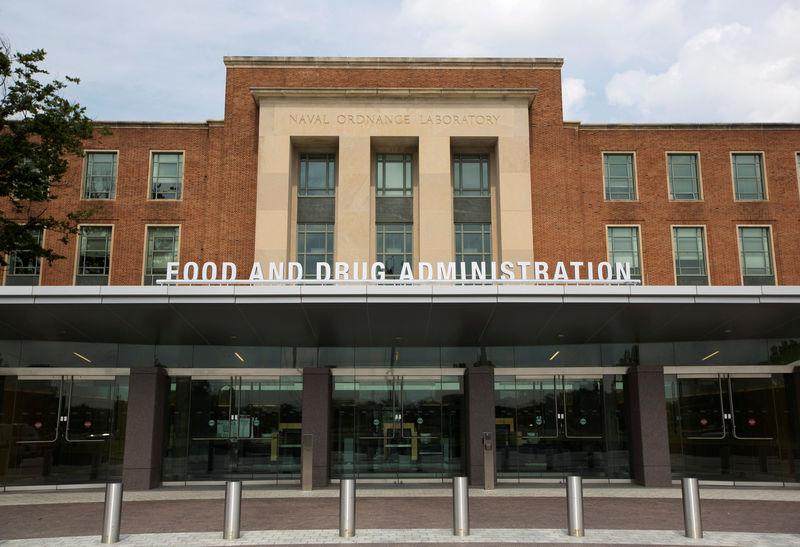By Ben Hirschler
LONDON (Reuters) - It is shaping up to be a bumper year for drug approvals, with U.S. officials clearing twice as many novel medicines as in 2016, yet returns on research investment at leading pharmaceutical companies are down.
In fact, projected returns at 12 of the world's top drugmakers have fallen to an eight-year low of only 3.2 percent, consultancy Deloitte said on Thursday.
The disconnect reflects the rising cost of developing new drugs, meager peak sales expectations for individual products and the fact that younger biotechnology companies are accounting for a growing proportion of new products.
So far this year, the U.S. Food and Drug Administration, gatekeeper to the world's biggest drugs market, has approved 41 novel drugs compared with 22 for the whole of 2016. (http://tmsnrt.rs/2hGom21)
The strong biotech sector is good news for investors like Daniel Koller, head of investment management at Swiss-based BB Biotech, which has money tied up in fast-growing U.S. and European companies.
"It's been a great year for approvals in 2017 and we assume another very positive year for biotech in 2018," he told Reuters. "It is a confirmation of the health of the industry."
But for the giants of the pharma world tracked by Deloitte, things are not so rosy. This decade has seen shrinking profitability in their research labs, with the average internal rate of return (IRR) down sharply from 10.1 percent in 2010 to 3.2 percent this year.
A separate group of four large biotech companies are projected to enjoy an IRR nearly four times higher at 11.9 percent. The calculations are based on long-term sales forecasts.
"The biotech companies are seeing more success," said Mark Steedman, one of the report's authors.
Steedman said biotechs typically had a leaner cost structure, although there were signs of big pharma beginning to streamline R&D operations and deploy new technologies in drug discovery, such as artificial intelligence.
"There are reasons for optimism," he said. "It's going to take a little bit of time but we the think the impact could be monumental in terms of increasing productivity."
$2 BILLION PER DRUG
Today, the average cost of bringing a new drug to market at a large company is nearly $2 billion, up from $1.2 billion in 2010, while forecast annual peak sales per drug have fallen from $816 million in 2010 to $465 million.
The figures highlight a dilemma as R&D resources are shifted from mass-market treatments to more specialist therapy areas.
This year's haul of new drugs does include some likely blockbusters designed for relatively wide use, such as Roche's multiple sclerosis drug Ocrevus and Novo Nordisk's Ozempic for diabetes. But many new drugs are for rare diseases, including very specific sub-types of cancer.
A few are truly ground-breaking, such as the first gene-modified cell therapy against a type of leukemia from Novartis, and next year is expected to see the first U.S. approval of a gene therapy for a rare inherited eye condition.
Such pioneering drugs come at a huge price, with Novartis' cell therapy Kymriah costing $475,000, while gene therapy could fetch around $1 million per patient.
"The insights from human genetics and the insights from an understanding of the immune system are finally being translated in medicines, and very new technologies are now starting to pay off," Roche CEO Severin Schwan said in a recent interview.
The 12 big drugmakers analyzed in the Deloitte study were Pfizer (NYSE:PFE), Roche, Novartis, Sanofi (PA:SASY), GlaxoSmithKline, Johnson & Johnson (NYSE:JNJ), AstraZeneca, Merck (NYSE:MRK) & Co, Eli Lilly, Bristol-Myers Squibb, Takeda and Amgen (NASDAQ:AMGN).
The four large biotech companies were Biogen (NASDAQ:BIIB), Celgene (NASDAQ:CELG), Gilead Sciences (NASDAQ:GILD) and AbbVie.
